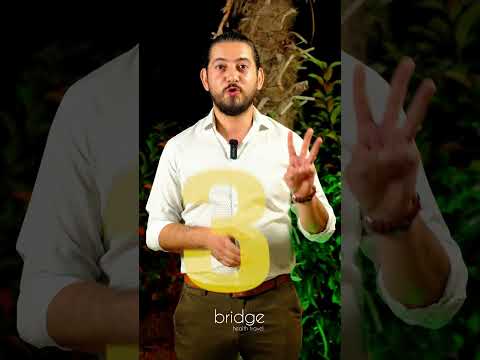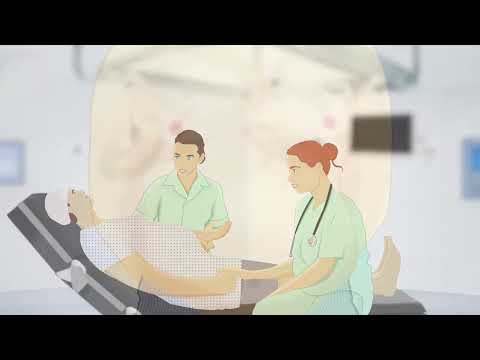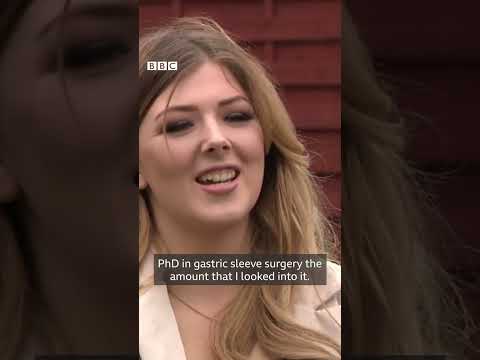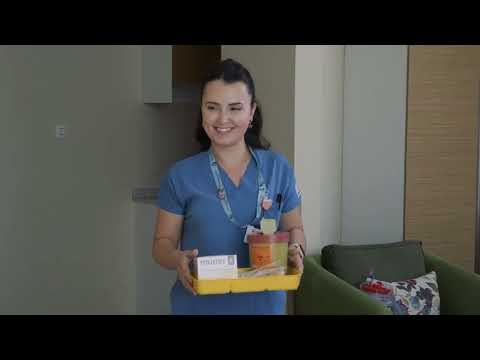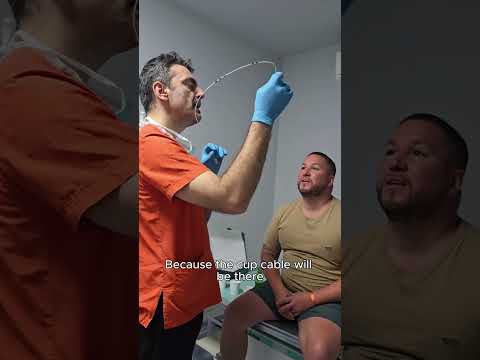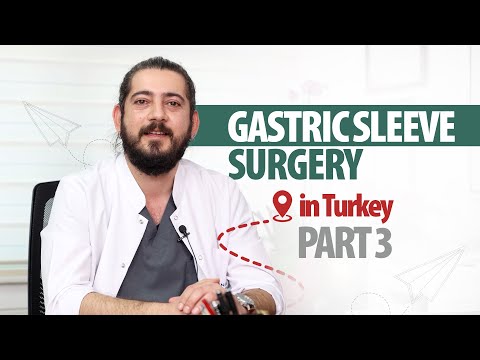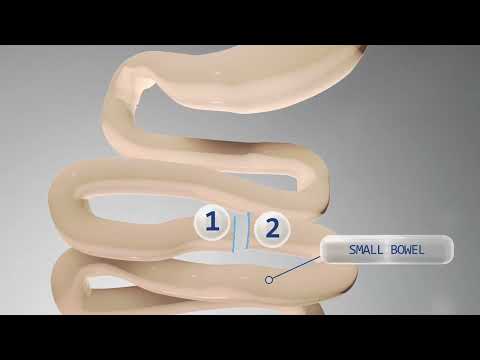thank you Nikki!!!it was good experience for me to meet you!
Calculate Your Cost / Price
thank you Nikki!!!it was good experience for me to meet you!
FQ About Gastric Balloon Clinic in Antalya / Turkey
In medical terms, GI stands for Gastrointestinal, referring to the digestive system, which includes the stomach, intestines, and other associated organs. GI disorders encompass a wide range of conditions that affect digestion, including gastritis, irritable bowel syndrome (IBS), and gastrointestinal cancers.
For individuals struggling with obesity, there are many options for weight-loss help, including bariatric surgery, medication, lifestyle changes, and behavioral therapies. Consulting with a healthcare provider can help determine the best course of action based on individual needs and health conditions.
Weight loss before surgery was associated with readmission for abdominal pain and increases in urinary tract and surgical site infections, researchers found. The tradition may also be tied to insurance carriers who require weight loss and counseling before surgical treatment. The singer-songwriter lost 100 pounds in two years by lifting weights and doing circuit training. "So I do my weights in the morning, then I normally hike or I box in the afternoon, and then I go and do my cardio at night," she said. "I'm an... +More
A gastrectomy is the surgical removal of part or all of the stomach. It is often performed to treat stomach cancer, severe ulcers, or obesity. A partial gastrectomy removes only a portion, while a total gastrectomy removes the entire stomach, requiring significant lifestyle changes post-surgery.
Endoscopic Sleeve Gastroplasty (ESG) is a non-surgical weight-loss procedure where a gastroenterologist uses an endoscope to stitch the stomach into a smaller size, reducing its capacity. Unlike traditional bariatric surgery, ESG is performed through the mouth and doesnt involve cutting or removing any part of the stomach. Recovery is quicker, and the procedure is reversible, but the weight loss achieved is typically less significant than with RNY or gastric sleeve surgery.
Mini Gastric Bypass is Highly Successful - According to the Cleveland Clinic[i], the success rates of this surgery are around 85% five years after surgery. That means people are losing a significant amount of weight and keeping it off
Longer term risks and complications of gastric bypass can include: Bowel obstruction. Dumping syndrome, causing diarrhea, nausea or vomiting The primary difference between mini gastric bypass surgery and a full gastric bypass is that the mini version of the surgery is performed in a modified manner that involves less intestinal rerouting and a shorter overall surgery time. On average, a mini gastric bypass surgery can take about 45 minutes to an hour to perform, however keep in mind that it will differ according... +More
Weight loss surgery Turkey- prices - Turkey is a leader of the affordable weight loss surgery cost, the bariatric surgery cost there is so affordable that even Americans are eager to come to Turkey for the surgery. Weight loss surgery UK or the USA is often over 3 times more expensive than in Turkey. Bariatric Surgery Turkey Price For more details in our article, Which country is best for bariatric surgery in Turkey where you will find all the information about Which country is best for bariatric surgery in... +More
The bariatric diet is essential for patients who have undergone weight-loss surgery. Its designed to provide adequate nutrition while supporting weight loss. The diet includes small, protein-rich meals, limited carbohydrates, and restricted fats and sugars. Lifelong adherence to this diet, along with vitamin supplements, is necessary for maintaining health after bariatric surgery.
Liposuction is particularly effective at removing fat in the legs, abdomen, back, arms, face, and neck. It provides more dramatic results than other noninvasive fat reduction procedures, however, it has a longer recovery period (up to six weeks) and typically costs more than its nonsurgical counterparts. Bariatric Surgery Turkey Price For more details in our article, What is the best surgery to remove belly fat in Antalya where you will find all the information about What is the best surgery to remove belly fat... +More
Wegovy Treatments in Antalya and TurkeyWhat is Wegovy?Wegovy is a newer GLP-1 receptor agonist specifically designed for weight loss. It’s highly effective, helping individuals lose significant amounts of weight when combined with diet and exercise.Availability in Antalya and TurkeyWhile Wegovy is newer, it’s increasingly available in Turkey, especially in medical tourism hotspots like Antalya. Clinics often provide consultations to determine the suitability of Wegovy for prospective patients.Costs of... +More
Pages
-
£ 1580£ 1450GASTRIC BALLOON PROCEDURE PACKAGE
Give a call to learn more about what’s included and to come up with a tailored plan if you need unique accommodations that are not listed below.
- Airport
- Hotel
- Hospital transfer
- The balloon is placed via endoscopy, the procedure takes 15-20 minutes and you are discharged after 2-3 hours. It is enough to stay here for 1 night.
- Blood samples & x-rays
- 5 year follow up
-
£ 2750£ 2550GASTRIC SLEEVE PACKAGE
GASTRIC SLEEVE PACKAGE COST TURKEY / ANTALYA
Give a call to learn more about what’s included and to come up with a tailored plan if you need unique accommodations that are not listed below.- Airport
- Hotel
- Hospital transfer
- 4 day stay at hospital
- Blood samples & x-rays
- 5 year follow up
-
£ 3100£ 2900MINI GASTRIC BYPASS PACKAGE
MINI GASTRIC BYPASS PACKAGE TURKEY
Give a call to learn more about what’s included and to come up with a tailored plan if you need unique accommodations that are not listed below.- Airport
- Hotel
- Hospital transfer
- 4 day stay at hospital
- Blood samples & x-rays
- 5 year follow up





